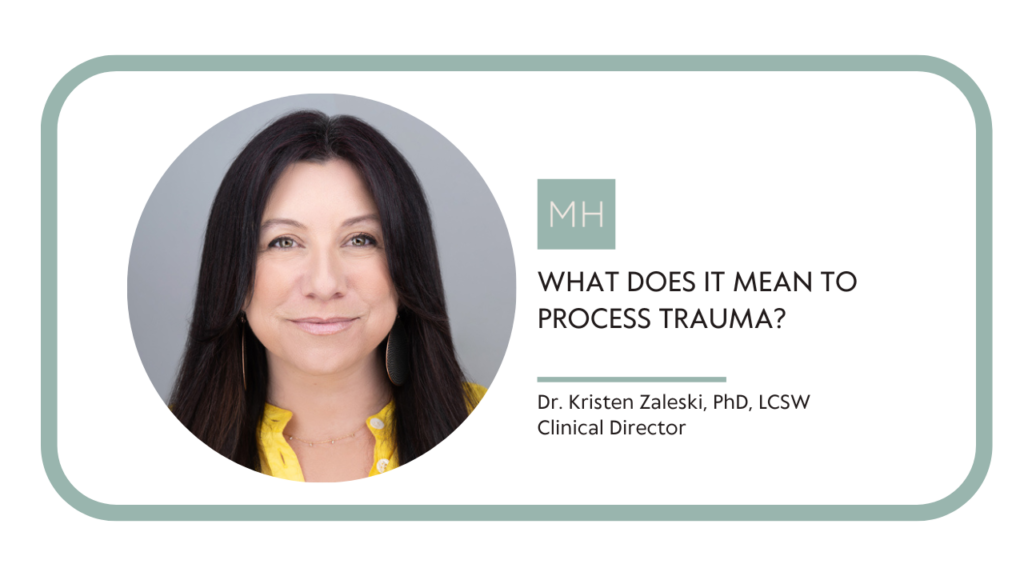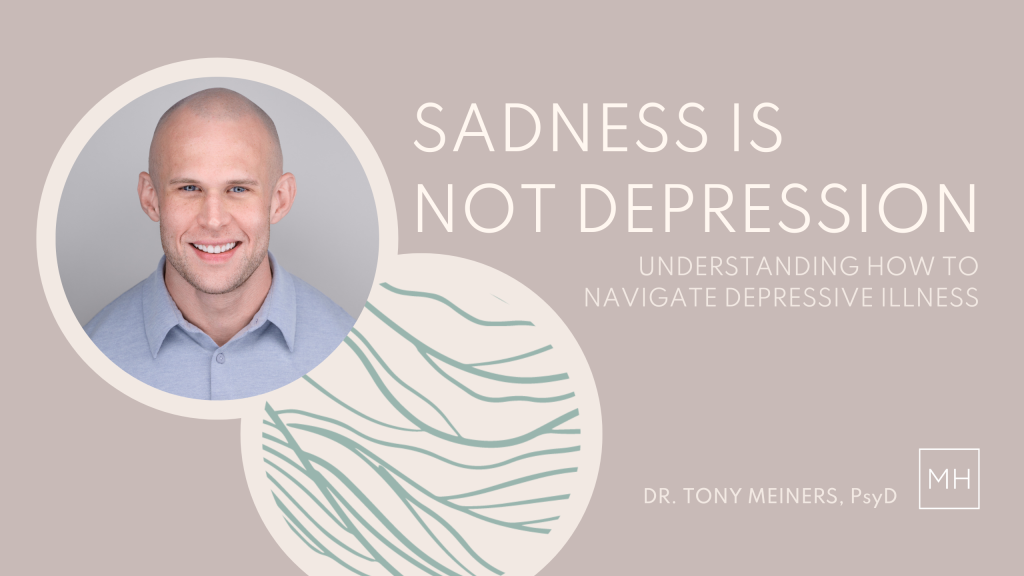Netflix’s new docudrama, The Social Dilemma, has spurred a collective realization of sorts, shedding light on the drawbacks that social media platforms have incurred since their initial debuts. What was intended to bring people together also has the possibility to drive people apart — an important distinction, and one of the movie’s integral takeaways. While Facebook, Instagram, and Twitter all have their upsides, it’s now more important than ever for the public to use these platforms with a critical mindset, and with their own health and safety in mind.
According to a study published by the American Psychological Association in 2017, “The rate of individuals reporting symptoms consistent with major depression in the last 12 months increased 52 percent in adolescents from 2005 to 2017 (from 8.7 percent to 13.2 percent) and 63 percent in young adults age 18 to 25 from 2009 to 2017 (from 8.1 percent to 13.2 percent). There was also a 71 percent increase in young adults experiencing serious psychological distress in the previous 30 days from 2008 to 2017 (from 7.7 percent to 13.1 percent). The rate of young adults with suicidal thoughts or other suicide-related outcomes increased 47 percent from 2008 to 2017 (from 7.0 percent to 10.3 percent).”
They found no significant change in older adults during the corresponding time period and surmised that the spike in anxiety and depression is linked to the cultural shift that social media has fostered through constant interaction, access to live streams of others’ lives, and trending content. In recent years, these widely-used modes of interaction have also at times become echo chambers for conspiracy theorists as well as hate groups — both of which had not previously had a public stage or outlet of this magnitude. With these groups now shaping the social media landscape, newfound anxieties sprung from uninformed posts, “trolls,” and trending articles with little factual backing. All of these have the potential to influence our individual and our collective mental health.
Beyond the high-level impact on society is the day-to-day logistics that have led us to this point, including data collection used to draw us back in once we’ve unplugged. Each platform is carefully curated to enhance user experience and to keep you scrolling. In order to do that, companies have implemented artificial intelligence (AI) designed to learn about your individual online habits — from how long you look at an image, to which articles and advertisements you tend to click on. As alarming as that may seem to some, it is important that we remember to empower ourselves. We can funnel this knowledge into our own habits and with self-care in mind.
WHAT CAN YOU DO?
With this knowledge now at play in the digital era, there are things we can do to alleviate some of the anxieties imposed by social media outlets. Here are some suggestions that may help:
Establish a personal limit on your own daily social media usage. Whatever number feels right to you, know that you’re taking control of your consumption.
Turn off social media notifications. That little red notification dot does its job well, and as humans, we can easily succumb to the temptation — there’s no shame in that! But you do have the option to turn these notifications off, and that includes banners that pop up while your phone is locked. Learn how to change your settings here for iPhone users, and here for Android users.
Scroll with a grain of salt. Remember that social media is not representative of the world, nor is the world stagnant enough for social media to depict all the good and the bad taking place at any given time. The AI that aims to guide your feed in turn can impact your social media worldview, so to speak. In fact, unpredictability on your part is another way to control your own user experience. AI is designed to pick up on patterns, so seek out information that isn’t curated for you. This doesn’t need to be a constant battle between you and your screen, but just enough to keep you in the driver’s seat and the AI on its toes — you’ll gain a broader worldview in the process!
If an article seems biased or extreme in its claims, there’s a good possibility that it is. Although Facebook implemented a fact-checking feature, it’s important to remember that it is not fool-proof. There are plenty of misleading articles floating around unchecked, so it is important that you do your research. If you do find an article touting false claims, be sure to report it. You can learn how to do this here.
The Social Dilemma’s initial reception was one of shock for some and confirmation for others. A key takeaway is the more transparent and conscientious social media companies are, the healthier we all can be. In the meantime, self-care and mindful social media consumption are essential tools for using these platforms responsibly.
If you or someone you know is struggling with anxiety or depression symptoms, it is important that you or your loved one seek professional treatment. The Collective is ready to talk through resources at 888.717.9355
Written by: S. Mishkin
DO YOU HAVE A QUESTION?
Send our team a message or call 888.717.9355


